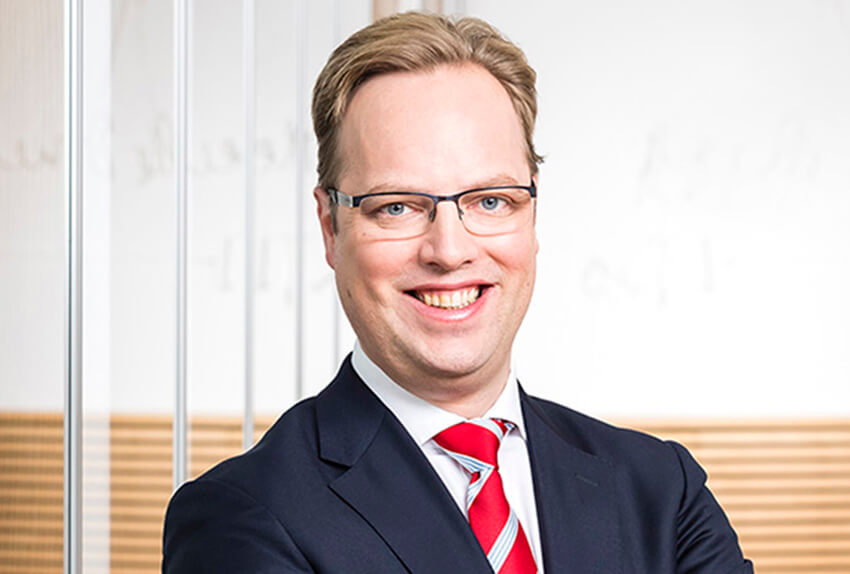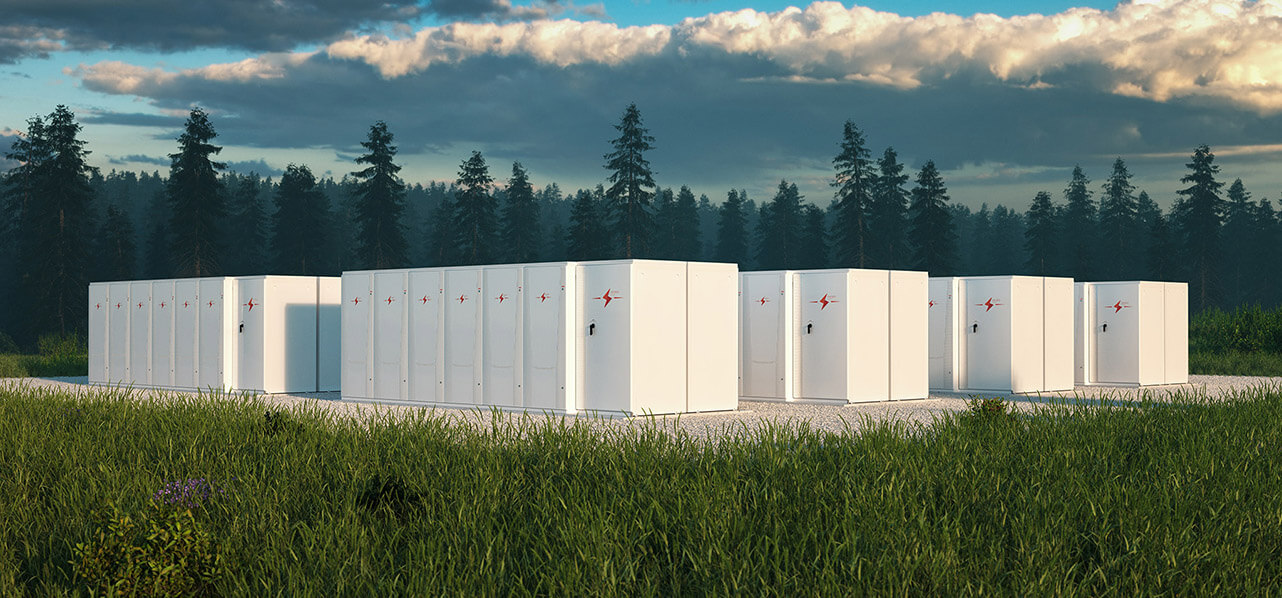Developing a (green) hydrogen economy remains a major German and EU goal. The initial euphoria has, however, faded. Real projects are still few and far between, not least due to the German and EU framework conditions that have been in place to date. In particular, there remains a lack of sufficient demand for green hydrogen (and its derivatives). A much-needed Europe-wide certification system for hydrogen imports into the EU is also lacking and is slowing down cooperation between potential export countries and EU member states.
Partner Hamburg




